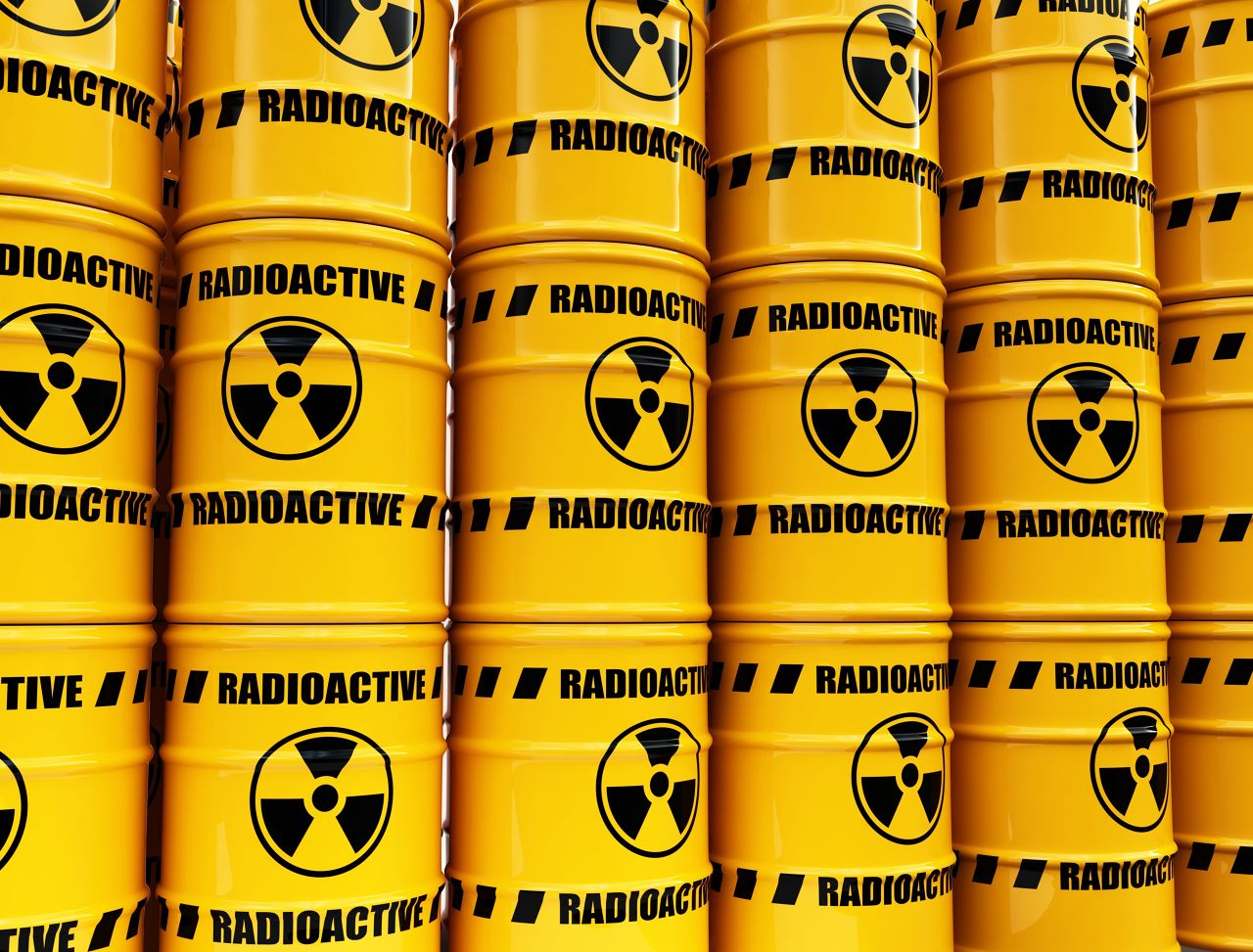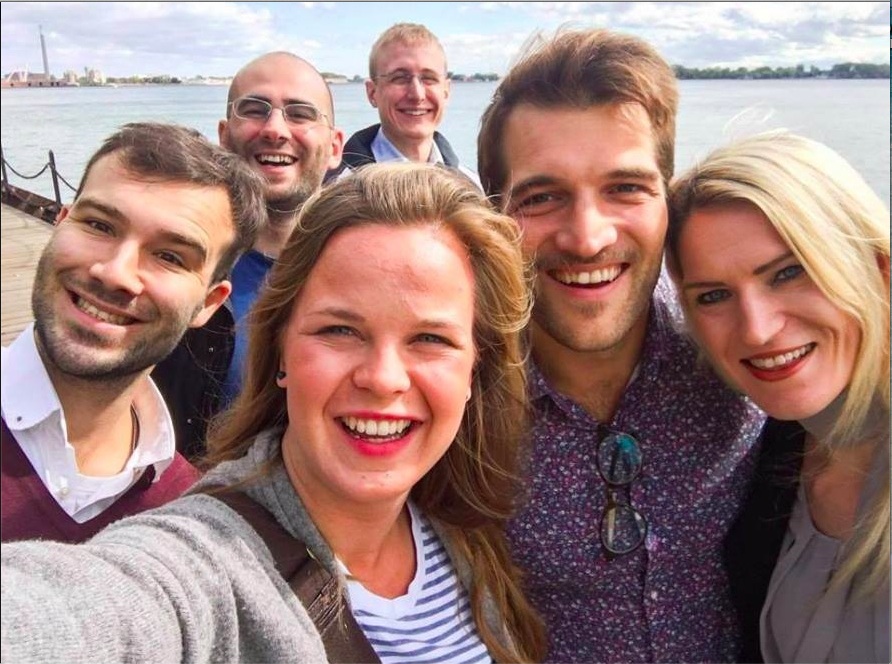After the 2011 Fukushima nuclear meltdown disaster, one of the effects of the backlash was a considerable craze over environmentalism and green-friendly consumer products. Lately, however, what has drawn the attention of world economies is the potential and actual process of lifting sanctions placed on countries that are suspected of developing, or have illegally obtained nuclear weapons. By lifting sanctions, countries which had experienced severe economic repercussions can thrive once again. Which in turn, allows their trading partners to benefit due to the trade of goods and services amongst these countries, thereby improving multiple economies.
Iran is making headlines as one of these countries. The United States, United Kingdom, France, Germany Russia and China reached an agreement with Iran over its nuclear program. Iran’s nuclear program has the potential to create nuclear weapons, a problem among the international community, which responded by placing sanctions on Iran. However, with this new deal, in exchange for Iran’s cooperation in dismantling or converting large parts of its nuclear program, these sanctions would be lifted. Iran does not currently have nuclear weapons, but it does have an enormous stockpile of uranium, which it is required to reduce. The environmental impact of reducing uranium is immense.
Japan also drew attention recently regarding nuclear plants. Japan has reopened the Sendai nuclear power plant, the first to reopen since 2011, when all of Japan’s nuclear power plants were shut down. The environmental impact of the Fukushima meltdown resulted in major environmental damage, such as residents being exposed to high levels of radiation in the air to damage to the ecosystem. This disaster also lead to the largest discharging of radioactive material into the ocean.
With all these recent developments regarding the use of nuclear energy to the reduction of nuclear programs, it leaves one to wonder about nuclear waste. The topic of nuclear waste is somewhat under-reported in international affairs. Currently, the solution seems to be to bury nuclear waste.
The most widely known example of the attempt to bury nuclear waste comes from Finland, which is in the process of building the world’s first permanent nuclear-waste repository, known as Onkalo. A system of underground tunnels are already under construction, and the tunnels are expected to last for at least one hundred thousand years. The completion of this project will not be until the 2100s.

Besides the solution of burying nuclear waste, another solution seems to be to try to convert the radioactive waste into a glasslike product, which would then be stored underground. The United States is currently trying to implement this solution at the Hanford nuclear site, which is scheduled to open soon. However, a leaked draft report states there are multiple design susceptibilities and serious flaws in the way nuclear waste is to be handled at the plant.
Some serious design issues include ventilation of the waste handling areas to the process of converting nuclear waste into the glasslike product.
In Canada, nuclear waste is stored in specially designed facilities. These facilities are meant to be temporary, however no long-term solution has been implemented and it remains unclear if “temporary” will become permanent.
Nuclear waste can have serious effects on human health. When one is reading about nuclear deals to nuclear plants, it is crucial to wonder and engage in asking where the nuclear waste is going and will the world’s countries ever find a safe, permanent solution. For now, the solution of burying nuclear waste is a dangerous one and could affect the world’s environment greatly should accidents happen underground, contaminating ground water and soil. Citizens should pressure their respective governments to find long-term safer solutions regarding nuclear waste to protect the world’s environment.




